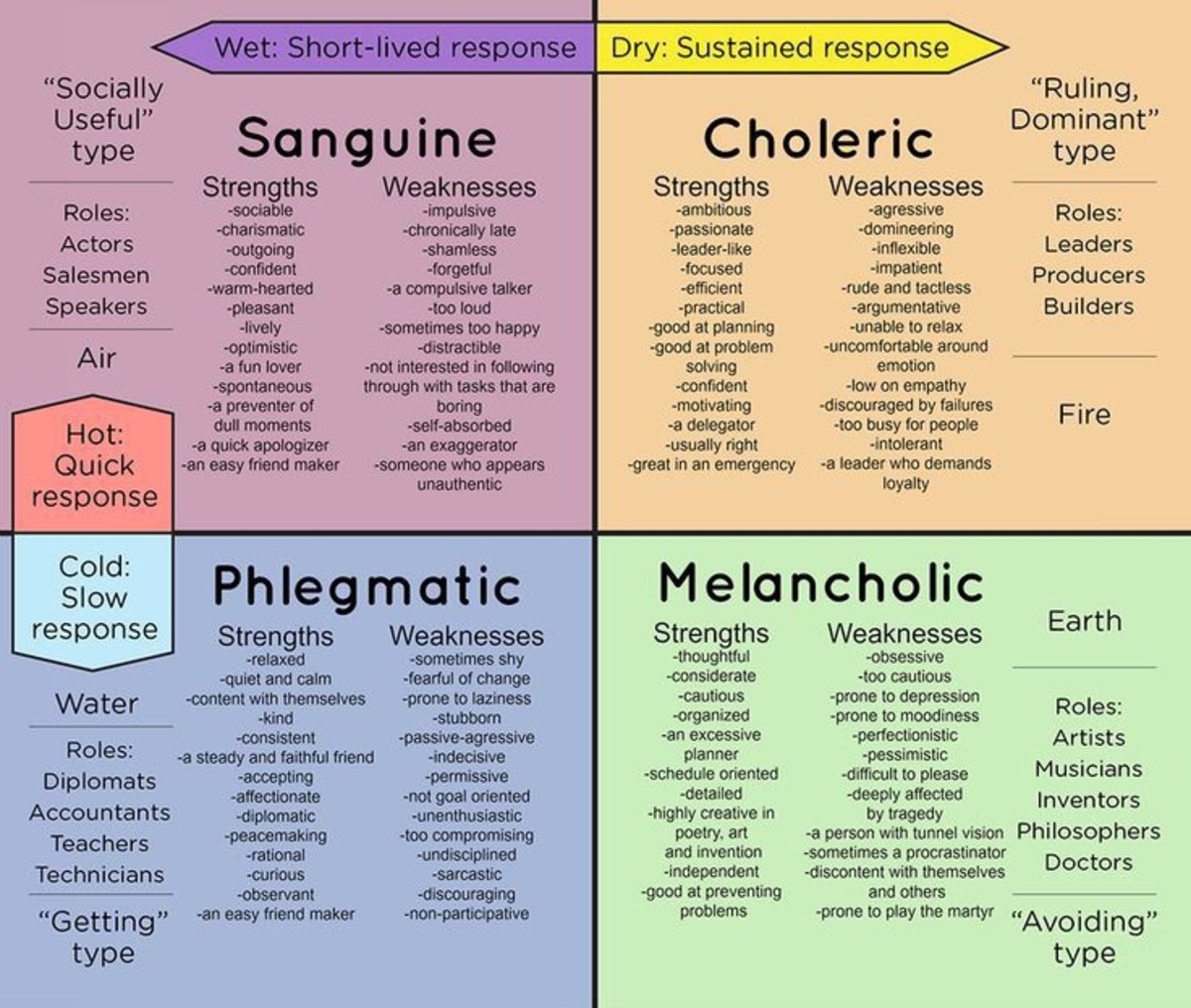Interpersonal Relationships: How to Communicate to Resolve Conflict
Use Active Listening Skills in Conversations

Interpersonal Relationships and Communication
Interpersonal relationships are that exist when there is a bond between two or more people. The bond can be that of family, friendship, love, work or any of the other bonding elements in life such as shared experiences or common goals.
Communication is a vital part of interpersonal relationships, often the primary factor in determining the quality of the bond and the relationship itself.
Conflict, a disagreement between two or more people, sometimes arises in interpersonal relationships.
The presence of conflict is not a barometer of the relationship itself, in fact it can be a barometer of the openness and honesty of the individuals in the relationship and each one's ability to communicate his/her needs. How the involved individuals handle themselves in times of conflict and how the disagreement is resolved - or not -- are the determining factors in whether the relationship will be strengthened or weakened.
Body Language Clues in Conversation

Stop Playing the Game of Passive Communication
Conflict in Interpersonal Communication
Good Communication Is Key to Preventing Unnecessary Conflict
Even though you understand that conflict in a relationship in and of itself is neither positive nor negative, there are times you can avoid unnecessary conflict simply by being a better communicator.
Passive communication often results in misunderstandings by the person who is receiving the message, which many times is no clear message at all. The passive communicator couches his/her message in innuendos and cryptic descriptions, leaving the listener to figure out the true meaning.
You can imagine that misunderstandings can arise when one or more people in a relationship communicate passively and can lead to conflict. This is an example of unnecessary conflict because the parties may actually be in agreement over the topic at hand, but because of unclear messages they don't realize this is so.
Aggressive communication can also result in unnecessary misunderstandings because it is the tone and intent of the speaker that captures the listener's attention more than the message itself. The aggressive communicator may talk more loudly than is needed, uses "you" statements -- directing blame on the listener, and uses cutting remarks to get his/her point across.
Silence would be less harmful than aggressive communication, particularly in intimate relationships. Intimidating body language, accusations and strongly worded statements add nothing positive or strengthening to the relationship at hand.
Assertive communication occurs when the speaker takes responsibility for his/her own thoughts, feelings and ideas. The assertive communicator uses "I" rather than "you" statements in communication. Eye contact is direct without staring.
In assertive communication, your intended message is not lost in the delivery nor hidden in innuendo. It's a direct method of communication that values both the person talking and the receiver(s) of the message.
Put Down Those Electronic Devices!

Do you avoid conflict in your relationships?
By Avoiding Conflict, You Sell Yourself Short
If there is an area of communication with which I can identify, it is that of avoiding conflict in my interpersonal relationships. Where some people thrive on drama and confrontation -- not healthy either -- I shrink from it.
I came to the realization that I was a passive communicator as part of a larger issue, that of playing the role of the peace keeper. I didn't come to this realization easily. I spent years justifying my communication style as being diplomatic, loving and nurturing.
While it may have been diplomatic only in the sense that conflict was avoided, it was neither loving or nurturing -- merely self-serving, and yet, only partially. I was avoiding conflict and confrontation all right, but I was not expressing my own needs and ideas.
There is nothing inherently wrong with diplomacy, as long as it's used appropriately. If you use it to avoid conflict, you are cheating both yourself and the other person of having a relationship based fully on who each other is.
3 Simple Tips for Better Communication
No Winners or Losers
There are truly no winners or losers in interpersonal relationship conflicts. If you are unable to resolves the conflict to mutual satisfaction through compromise or agreement to disagree, it is the relationship itself that will be weakened as a result.
I share this thought with you: Being right is not always the most important thing.
Examine your values. If being right -- however you may define that in the context of human interactions -- is more important to you than the relationship itself, then by all means argue until one of you is blue in the face.
If, however, the topic at hand doesn't hold as much value to you as a strong and healthy relationship, you are free to let the conflict go.
Which communication style do you use most often?
How to Use Communication to Resolve Conflict
Everything has been going along smoothly in your relationship and then one day you and the other person hit a snag -- you disagree on something more important than chocolate or vanilla ice cream.
Your first inclination may be to put the brakes on your tongue and simply acquiesce to the other person's point of view. Alternately, you may feel like digging your heels and standing your ground no matter what.
The healthiest way to resolve conflict is in neither of those approaches. Again, assertive communication brings about the best return on your "investment" in patience and control over your emotions and body language.
* Don't attack the other person verbally or with your facial expressions. Avoid crossing your arms over your chest. Maintain an open posture and utilize your active listening skills to understand the totality of the message(s) the other person is sending.
* Don't take the disagreement personally. The message isn't directed at you the person -- or at least it shouldn't be -- it is directed at the topic at hand.
* Do remain calm. If you need a few moments to collect your thoughts or to tame fight-or-flight reactions, simply ask for a few moments to reflect on the conversation. Use slow, deep breathing to calm your body's physical reactions.
* Do take a moment to reflect on what has been said.
* Re-frame the other person's message into your own words and say it back to the other person to ensure you have the correct understanding of the message's intent.
* Only you can know if the topic of disagreement represents a core value for you, and as such is not something you are willing to change in your own mind. If the topic is of less value than that, though, you may wish to agree to disagree.








